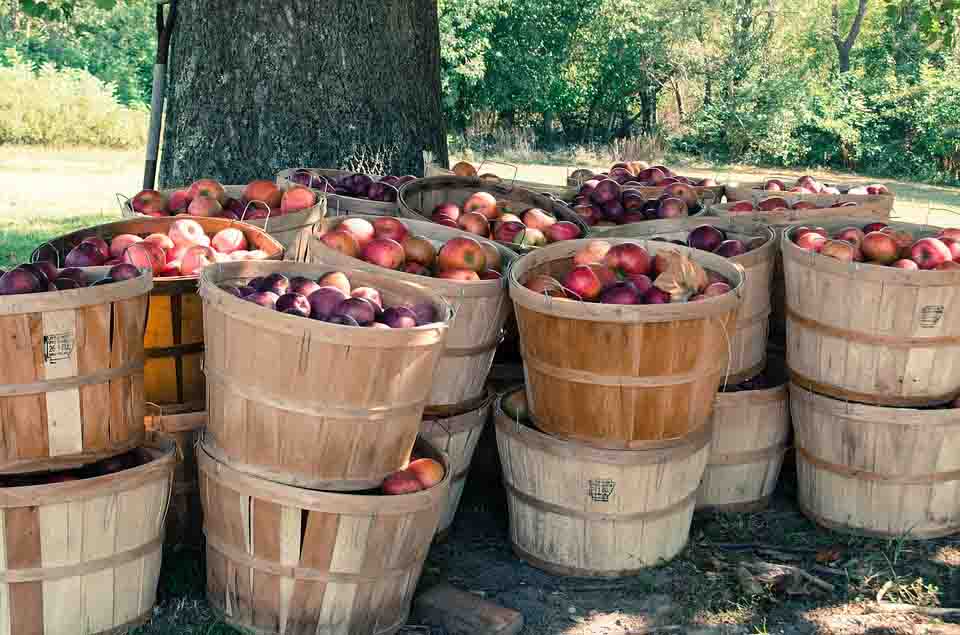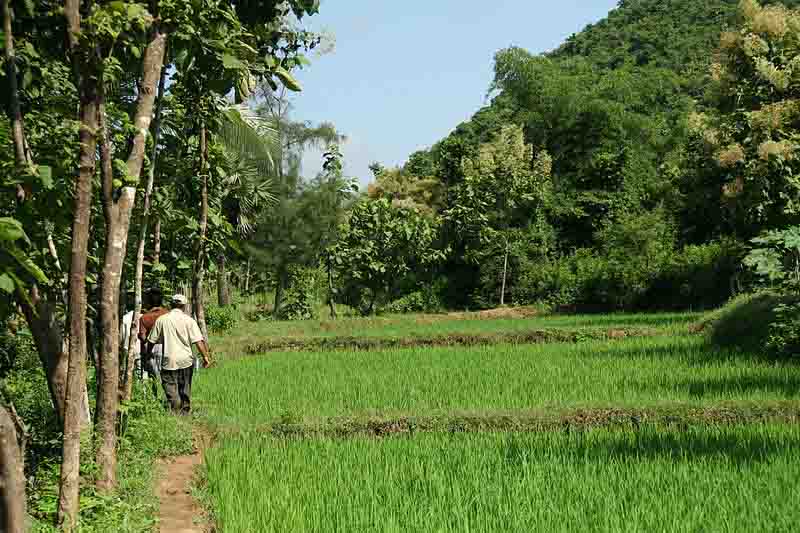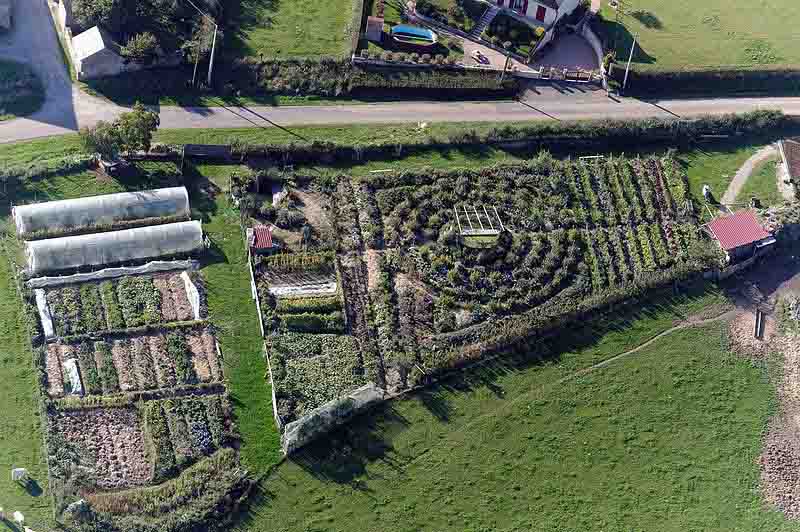Three focuses of my blog are Financial Literacy/Money, Business/Entrepreneurship and STEM. Agriculture is a huge business and an industry and a key component of the economy of any nation. If you’re going to launch in this business, it’s important to understand the keys to succeeding and the causes of failure. The following contributed post is entitled, How To Succeed In Agriculture.
* * *
Whenever you are looking for an industry to get involved in, you are always going to look for one that you know will probably be profitable far into the future. With something like agriculture, that is what you are always going to get. No matter what, this is the kind of business that is likely always going to help you become richer and it is therefore worth looking into. In this post, we are going to discuss how you might be able to succeed in the world of agriculture, and what it might take to do so more easily.
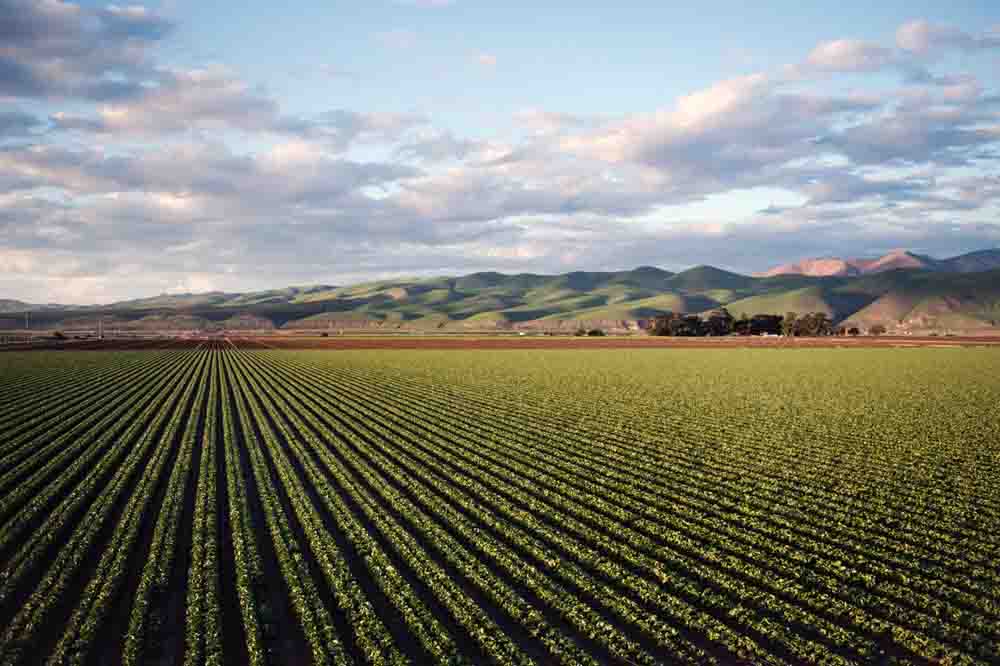
Consider The Economic Plain
First of all, you need to look into the current economic conditions and think about whether it is the right time to be starting an agricultural business, if you don’t already have one under your belt that you already look after. There is no easy right or wrong answer here: it is mostly a matter of your own consideration and looking into whether or not you are going to be able to make it profitable right now. Research what other people in the industry are doing, and you should find that this helps to give you some idea about what to do yourself.
Sourcing Supplies & Equipment
If you have decided that you can do well enough with agriculture and you are going to try and start a business, then you need to look into how and where you are going to source your supplies and equipment from. There are a lot of options you have here, but one of the most obvious and beneficial is to look into suppliers like https://pomi.dk/en/ whom you know you can trust, and whom you are going to find offering good prices for agricultural machinery of all kinds.
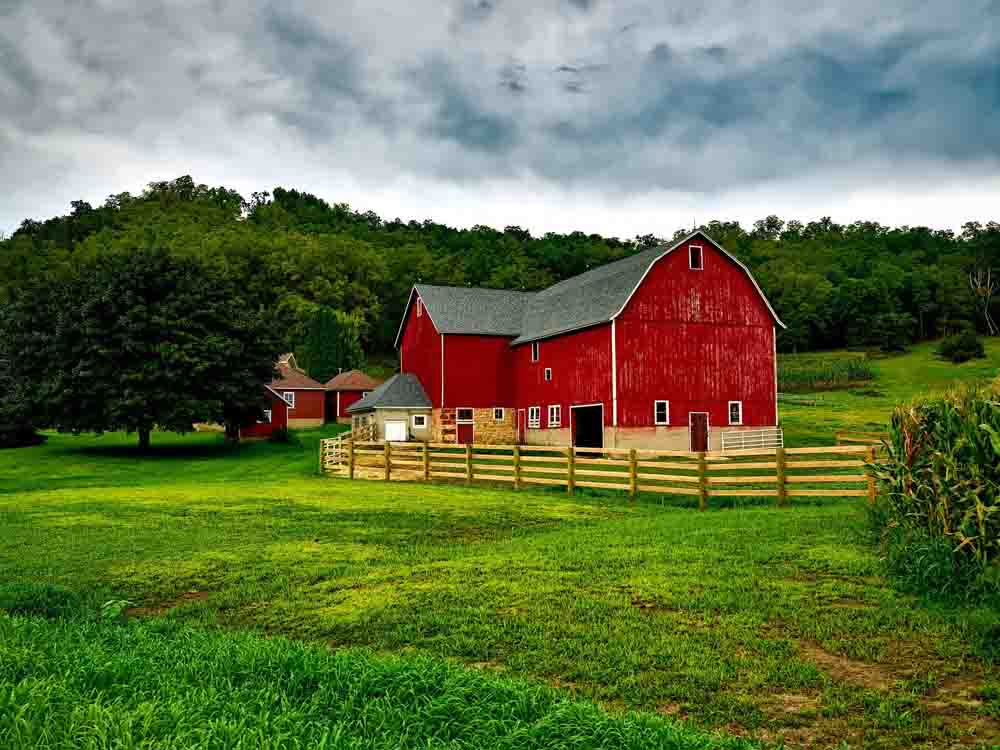
Reducing Costs
There are many costs that you might want to look into reducing too if you want to make sure that you are running your agricultural business just right. One of the most important and simplest measures that a lot of farmers end up taking, especially during times of drought, is to reduce their water usage. Not only is that beneficial for everyone and the planet, it is also an important step in making sure that you are not overspending your cash, and that is essential for running a business in a healthy and strong way. See more on this at https://bizconnect.standardbank.co.za.
Dealing With Uncertainty
Frankly, it is a fairly uncertain time for agriculture, so you need to make sure that you are thinking about what you can do to make it better. You need to look ahead and predict as well as you can, but you should also think about what you can do to bolster your business against the worst. At the moment, you need to think about covid and the possibility of a second wave, which could make things very difficult indeed. The more you think about it, the more chance you have of surviving as a business.

